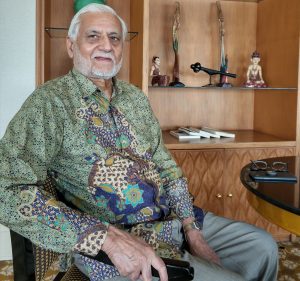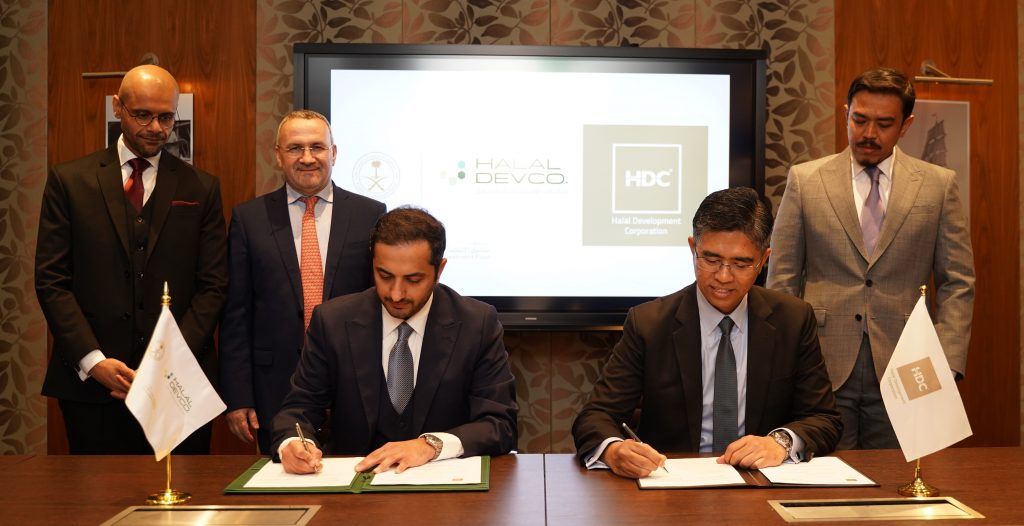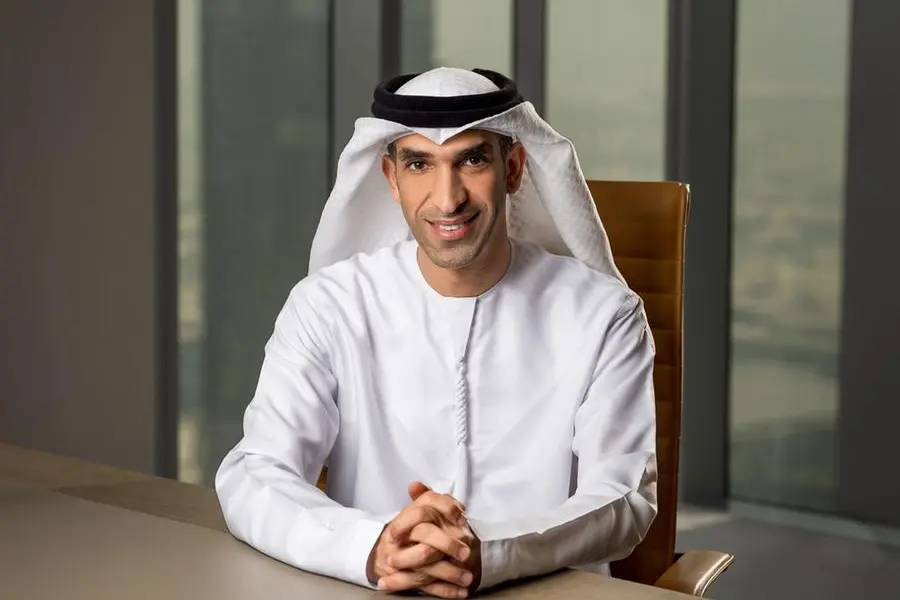This interview with Dr Muhammad Chaudry was first published in the State of the Global Islamic Economy 2019/20 report produced by DinarStandard and supported by the Dubai Islamic Economy Development Centre. The report can be downloaded from here.
IFANCA. is a U.S. corporation with a mission to promote the institution of halal by increasing awareness, educating consumers, and helping the industry in producing halal products. In cooperation with other organizations and agencies, it hopes to ensure everyone seeking halal products can find them locally, no matter where they reside. IFANCA was founded in 1982 by a group of food scientists, Islamic scholars, and industry professionals with knowledge and experience in industrial food production. The founders, halal consumers themselves, understood the challenges consumers faced in finding appropriate halal food in the USA. To tackle these issues they set up halal awareness, halal education, and halal certification programs. Many of these individuals continue to serve in leadership roles at IFANCA today.
There are several halal certifiers based in the United States but only one that is recognized by three key Islamic economies – Indonesia, Malaysia, and the United Arab Emirates – according to the latest published lists from the national authorities in those countries. Illinois-based Islamic Food and Nutrition Council of America (IFANCA) may have already made its name abroad as a leading U.S. halal certifier and now at home, the 37-year old institution is stepping up efforts to build a wider  Islamic economy ecosystem.
Islamic economy ecosystem.
We interviewed Dr. Muhammad Munir Chaudry, President and CEO of IFANCA to discuss the current status and the future of the halal economy.
Q: How is IFANCA enabling the growth of the halal economy?
IFANCA is a thought leader in the halal space and a key enabler of the halal economy. We have accomplished this by being a global leader in halal science, jurisprudence, and certification. Our in-depth knowledge of industrial practices and import requirements allows IFANCA to help manufacturers produce halal products in an efficient, halal assured manner and simplifies complex product information for consumers. Our halal quality system requirements have been implemented by global multinationals, SMEs, local producers, food service providers, and new startups to produce authentic, quality halal certified products that meet the stringent halal requirements.
Q: What are some factors that have enabled you to be a leader in the halal economy?
We have been able to establish a strong position because we have qualified and respected religious advisors, technical experts, deep industry experience, and a global network of industry and governmental partners. We bring this brain trust together every year to discuss technical challenges and opportunities in the halal economy at the IFANCA International Halal Food Conference. Stakeholders come from around the world to participate in discussions to address the current and future issues in halal compliance and market development.
Q: What are some things that are happening around the world that are facilitating the halal economy?
Outside the United States, we see a growing connectivity within the halal ecosystem that is fragmented by numerous standards and regulating bodies.
There is a movement to bring things together and it is happening right now, such as Malaysia’s new initiative, the International Halal Authority Board (IHAB) and the UAE-based International Halal Accreditation Forum (IHAF).
Last year we witnessed the official launch of IHAB in Kuala Lumpur. This demonstrates the international body’s resolve to bring greater collaboration to halal certification. We have been waiting for something like this for many years.
At the same time, Dubai’s IHAF tackles another need in the halal ecosystem: accreditation. Many countries have had halal certification body recognition systems in place for decades; now the UAE brings international standardization and quality system accreditation into the mix.
We see Southeast Asia bringing their recognition programs towards accreditation and the Middle East and North Africa bringing their halal programs towards better controls to increase reliability and credibility. Both areas coming together will give rise to a harmonized global halal standard.
IFANCA will be a part of this increasing connectivity. It will be involved in both IHAF and IHAB initiatives.
Q: America: To Halal or Not To Halal?
For Muslims in America, the struggle to find halal products is easing, not because they have been demanding halal from the industry but due to import of already certified products as well as some corporations making their entire product category halal. An example of a global brand is Godiva Chocolates, which although certified by IFANCA for the U.S. market, did not initially use the halal label in the United States. Godiva added the halal symbol, the Crescent M, in 2011.
Godiva now has the halal logo on every single product, large and small, that is certified as halal. They may have some new items that have not been certified yet or a few specialty items that are not halal. You can go to their stores and say, ‘I want a halal selection,’ and if they have a product which is not identified as halal, they will not put it in your box. Many other companies like Saffron Road, Abbott Nutrition, Organic Valley, Nestle, and others display the IFANCA halal logo on their labels.
While an array of halal certified products, both made in the USA and imported, is becoming quite evident, most U.S. based companies produce halal only for export. The problem may lie with Muslim consumers not being able to show the food producers that 8-10 million Muslims and 16-20 million halal consumers live in America.
On the non-food front, we see an increase in demand for certification of halal cosmetics and personal care products. IFANCA has experienced an average annual growth rate of seven percent in its halal certification business over the past ten years.
“To encourage growth, we support small and medium-sized enterprises (SMEs) by providing an incubator where the companies can do their basic work, but most of our work is with the major players.”
We want the major players to offer what they offer to everybody else. We can assist the companies to make their existing product lines halal with minor adjustments to the formula, except of course in case of pork and alcoholic drinks.
Q: What does the future of halal certification look like?
Halal certification will continue to grow and witness continued harmonization of halal standards, increased reciprocity among halal certification bodies, and additional multilateral agreements among regulators and accreditation bodies. While efforts continue to develop a global halal standard, we look forward to an all-encompassing discussion to harmonize standards and lighten the accreditation burden by bringing all halal stakeholders into the discussion. That includes the industry, importing countries, regulatory bodies, and the consumers. We are working towards bringing all export oriented halal certification bodies under the umbrella of the World Halal Food Council (WHFC).
The future of halal is bright and we are excited to be a part of it.
© DinarStandard 2019 All Rights Reserved


